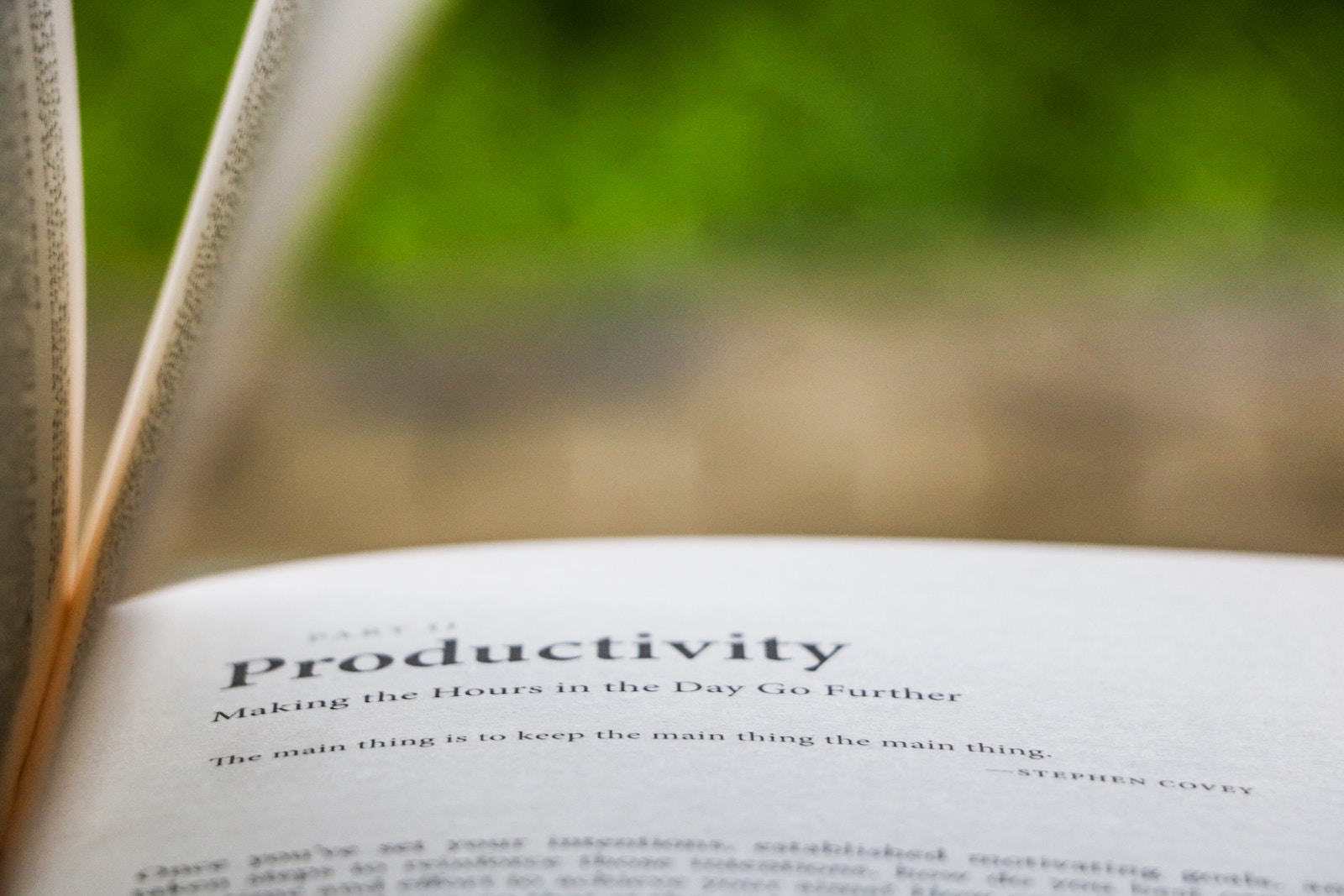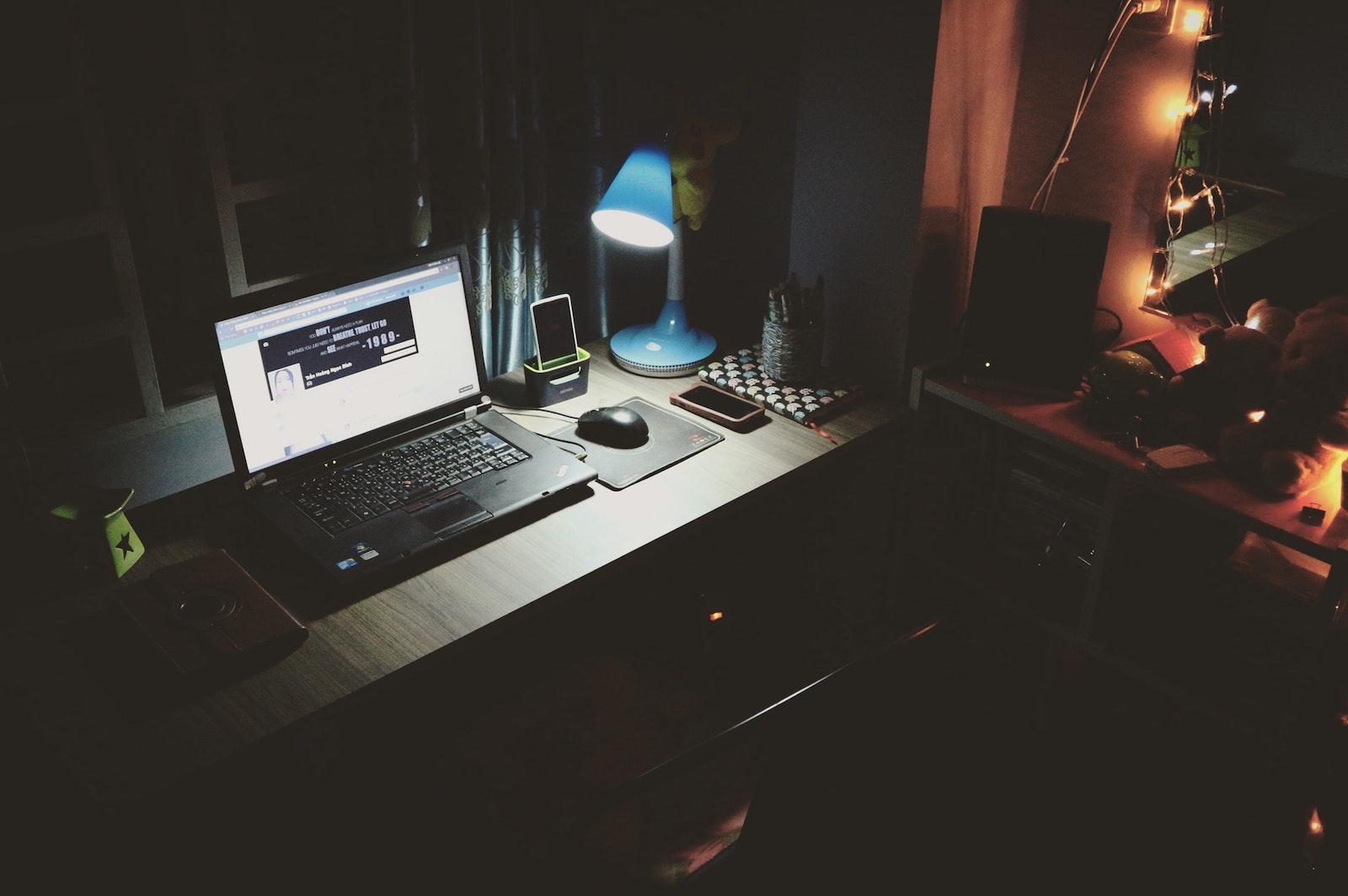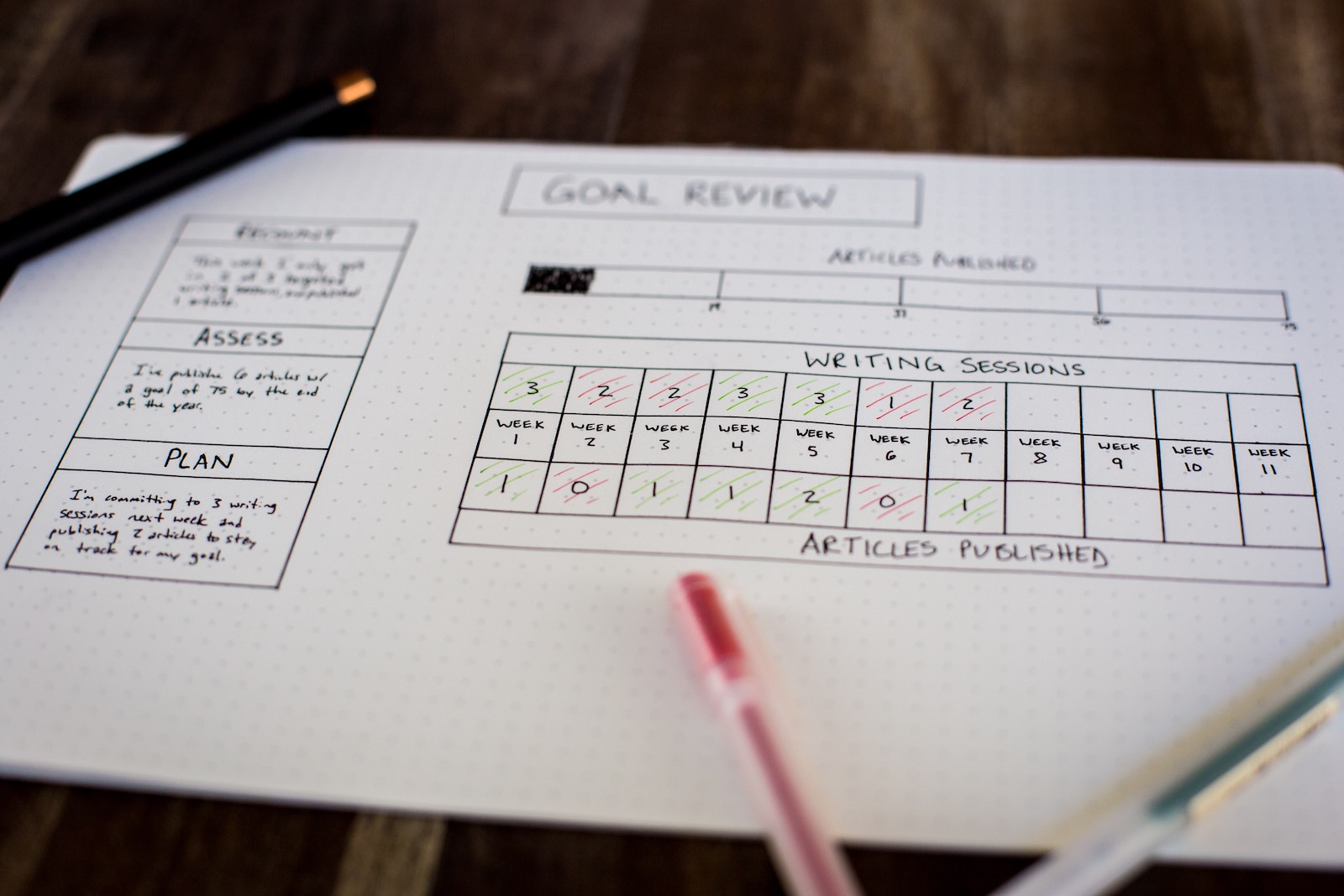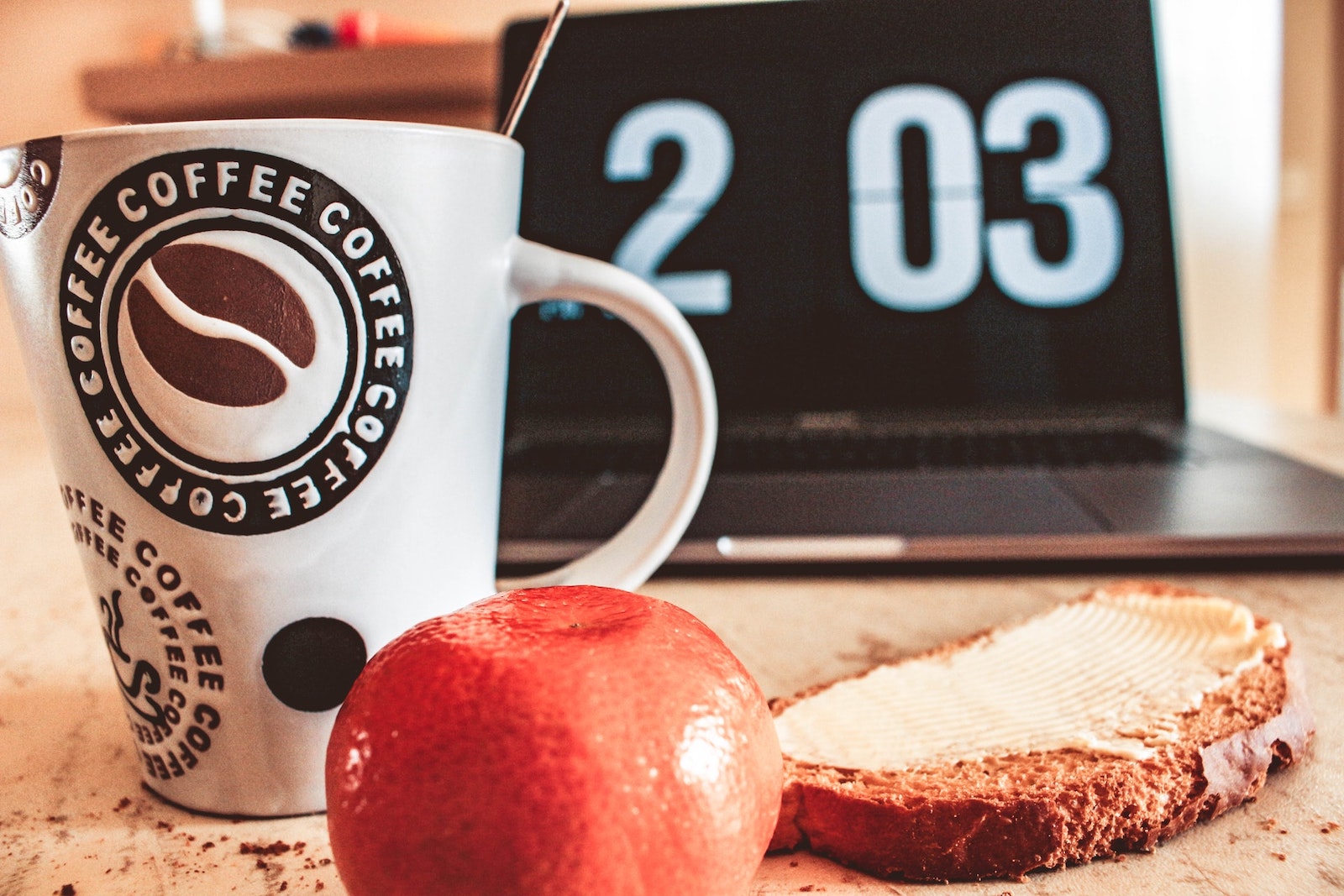Modern measures of success are based on productivity. Deadlines are tighter, work-loads have increased, and quantity seems more valued than quality. We must learn to do the most work with the least amount of time. With many people operating from an unbalanced lifestyle, in terms of professional vs. personal interests, it isn’t easy to remain focused on menial tasks.

However, being productive is not a firm personality trait. It is a learned skill. Highly productive people develop habits which enable them to complete tasks more effectively than others. If you’re someone who stresses your way through a to-do list, it might help to understand why productivity is crucial for reaching your goals.
The Value of Productivity
Being productive rests on effective time management. If we complete important tasks efficiently, we have more energy to dedicate to our personal lives. Productive people feel satisfied when their hard efforts result in achievement. The brain experiences a dopamine hit with every accomplishment, such as meeting a deadline. Dopamine is a natural chemical that makes us feel happy and content.
Although, there is a misconception that being productive means spinning every plate at once. Charging full-steam ahead might feel like an effective strategy, but it is the direct opposite. There are several problems people run into when struggling with productivity. Fortunately, they all have solutions. It is never to late to learn how to get the maximum out of each day by sharpening productive habits
Morning Person vs. Night Owl

Some people jump out of bed in the mornings, others hit snooze 20 times. It isn’t difficult to guess what kind of person is more productive. People who procrastinate and delay beginning tasks until the afternoon often complain that they don’t have enough time. Prioritizing what to do first thing in the morning is crucial for setting the tone for the day. By pushing everything back and working late into the evening, we deny ourselves critical downtime before bed.
Sleeping in feels good, but getting up early feels better. Eventually. Most of the top CEOs on the planet get up at approximately 5 am. Not only does this lead to higher levels of productivity, but it is also associated with long-term health benefits too. People who are well-rested and up early can start the day fresh, energized, and more prepared to tackle tasks.
The Constant Distraction of Modern Technology
Technological advancements have enriched society in many ways. However, we are suffering great disadvantages as a result. Many people have lost the ability to concentrate. Our attention spans are stretched thin daily. We’re overcome and bombarded with messages, notifications, and updates. On average, adults spend 2-3 hours a day scrolling through social media.
Distractions kill productivity. Distancing ourselves from unhealthy interruptions can help cultivate a more focused work ethic. With important tasks at hand, there is no need to consume images of what a friend had for brunch. Put the phone away. Eradicate social media tabs from your computer screen. Some smartphones have inbuilt apps that monitor your screen-time. Apps such as Offtime, Space, and Social Fever, do the same. It might be helpful to see your screen habits broken down into statistics.
Stressful, Challenging or Boring Work
It can be hard to stay upbeat and excited about a job if you find it incredibly tedious. Staying motivated during stressful conditions is difficult too. When work becomes overly complicated, procrastination suddenly becomes very attractive. Important tasks take a back seat when we feel overwhelmed. It becomes too easy to justify moving on to a different, more insignificant task when we are stressed.

Taking a meaningful break is perfectly okay. Dense work is tough to power through. Avoid feeling burnt out by taking a moment to relax and gain some perspective. Downtime, especially sleep, is a key component to productivity. Athletes value rest days just as much as training. Likewise, the brain needs rest. Highly productive people steadily chip away at challenging work, while ensuring the mind has ample time to recover.
Feeling Lost & Overwhelmed
Not knowing what task to tackle first makes it incredibly difficult to begin. A lack of direction can disrupt a steady work-flow. This can happen when our to-do list seems endless, or the brain is overwhelmed with other responsibilities. If tasks are not clearly organized in an order of importance, most people panic and select the easiest job in an attempt to get the ball rolling. This will not lead to a productive day.

Avoiding the most important tasks because they are difficult is a sure-fire way to waste time. Learning how to prioritize items on a to-do list is a highly valuable skill. Many items can be combined or delayed. The bigger, more significant tasks can’t wait until tomorrow. Needless to say, there are only so many hours in a day. It is more useful to dedicate them to work that needs done first.
Author’s bio:
Anna Kucirkova works as a copywriter for over 4 years. She speaks 3 languages, loves traveling and has a passion for kids and writing. While she has been to many places in Europe and South-East Asia, she still wants to explore the rest of the world.
Images source: Unsplash
What would you like to know and what would be the best way to share this information to you? What is the best tips & tricks, what workaround do you use? We'd really appreciate your insight on these ones to make our integrations better, more productive and much more efficient. Comments, tweets are always welcome.